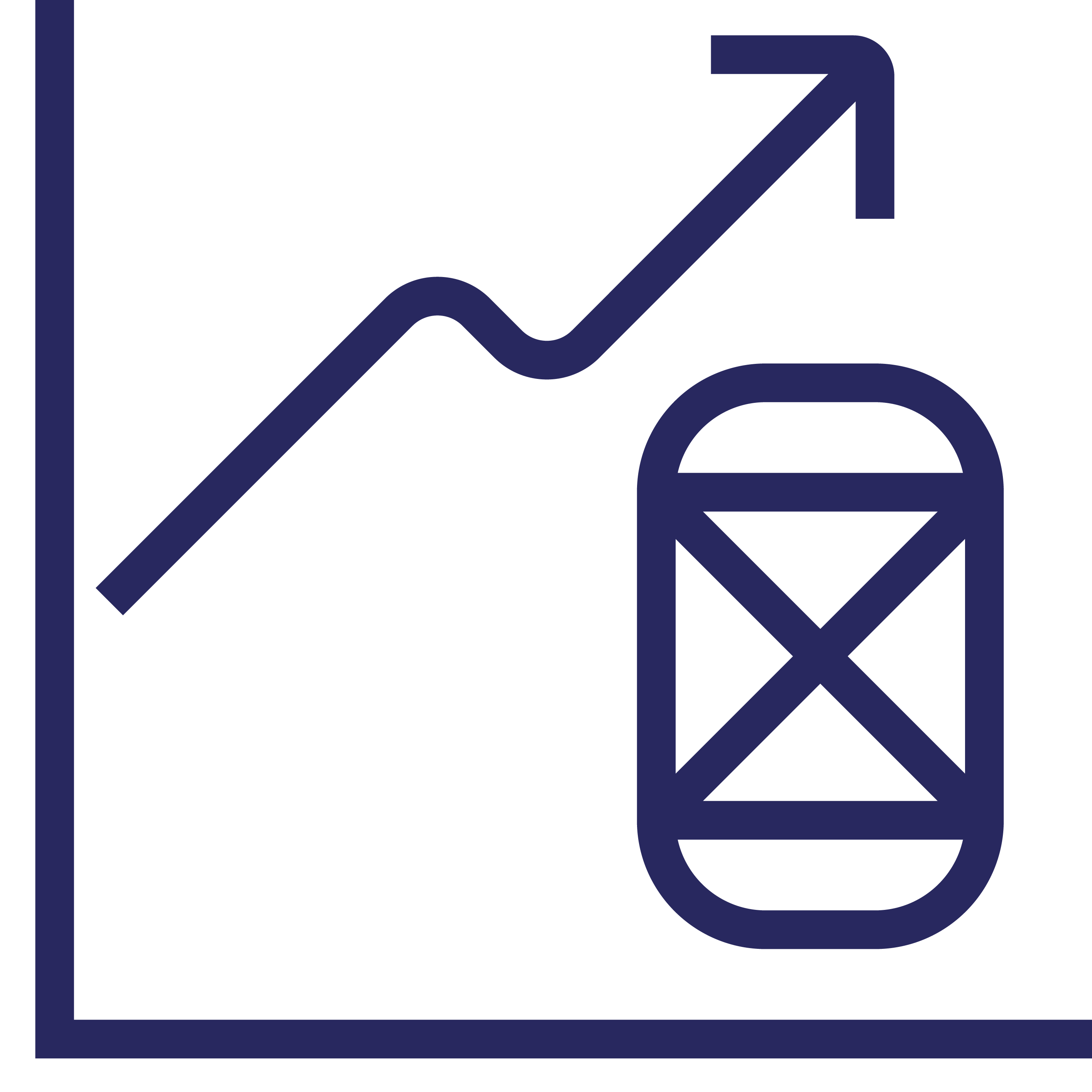DMDS Evolution® E2 for hydrotreated vegetable oil (HVO) units
Dimethyl disulfide, DMDS Evolution® E2, is the market reference for activating the hydrodeoxygenation catalysts in your hydrotreated vegetable oil (HVO) unit and for maintaining the sulfur on the catalyst, compensating for the lack of sulfur in your renewable feedstock. Arkema provides trained and experienced teams as well as reliable customized equipment with its Carelflex® service for the catalyst activation. In addition to our two world-class DMDS manufacturing plants, our unique global supply chain ensures a consistent supply of DMDS to your plant for maintaining the catalyst in the sulfided active state during your operation.
- Worldwide
-
dmds-evolution-e2-brochure
HVO (Hydrotreated vegetable oil) process, a sustainable solution for road and air transport
Hydrotreated Vegetable Oil (HVO), are used as renewable diesel or sustainable aviation fuels (SAF). These fuels are manufactured from renewable sources such as vegetable oils, used cooking oils (UCO), and animal fats or wastes. They differentiate from standard biodiesels.
Renewable diesel can be used 100 % pure as such by engines, to replace standard diesel or Kerosene. This is their main difference and advantage versus standard biofuel from first generation (FAME). Their use is supported by regulation standards in Europe (EN 1590) in line with REDII targets and by the implementation of Federal Renewable Fuel standards in North America. Main airline companies are planning to increase their use of HVO to reduce their carbon footprint.
Aviation: DMDS helping green fuels take off!
Check out how the air transport industry could reduce its CO2 emissions by switching to biofuels, and how our Arkema DMDS Evolution® E2 is contributing to this major challenge.
DMDS Evolution® E2: an optimal H2S release for a clean catalyst activation and activity preservation
DMDS Evolution® E2 (Dimethyl Disulfide) meets the requirement of sulfiding temperature below 250 °C, with an early decomposition to H2S starting at 180 °C and fully completed at 230 °C and above. H2S released from DMDS reacts immediately with catalyst. Moreover, DMDS' conversion to H2S, mitigates any risk of coke deposition to the catalyst. Hence, DMDS enables to reach and maintain the highest catalyst activity and leads to enhance unit profitability.
DMDS Evolution® E2 properties
- Liquid form: DMDS (Dimethyl Disulfide) stays in liquid form is a large range of temperature (from -85 °C to 109 °C) that makes it easy to handle, transfer and inject.
- High solubility: With 68% sulfur content, DMDS minimizes the product logistic and operational cost. It has a high solubility in hydrocarbons and vegetable oils, allowing an easy injection and optimal dispersion in the whole process for a homogenous reaction on all hydrogenation catalysts.
- Odor management: DMDS Evolution® E2 is a breakthrough formulation for a better smelling DMDS sulfiding agent. This is the ultimate solution to improve working condition with better odor control and pleasant fragrance.
DMDS Evolution® E2 benefits for renewable fuel units
Decomposes to H2S at a low temperature for maximizing hydroprocessing catalyst activity after startup.
DMDS Evolution® E2 delivers a better scent than standard DMDS, improving the user experience.
Clean decomposition to H2S and methane that minimizes coke formation and corrosion inhibition on the catalyst and ensures a long life cycle.
Approved by Major Technology Licensors as the only sulfur compound renewable fuel plants.
Comprehensive and reliable supply solutions
Arkema has developped a unique global supply network based on 2 world-class DMDS (Dimethyl Disulfide) production sites and supply hubs close to end users. A comprehensive range of packaging enables to match the most demanding constraints.
Carelflex® and Additional products
In addition to DMDS (Dimethyl Disulfide) manufacture and delivery, Arkema offers Carelflex®, a professional injection service to help the end-user in handling large quantities of chemicals in a short period of time in safe conditions. Startup procedures are generally executed in less than 24 hours.
Arkema also supplies a wide portfolio of Specialty amines like DMEPAP or TMPDA which enable mitigating exotherm reaction risk in the isomerization reactor, along with MSA LC, a low corrosion formulation strong acid that provides a wide range of benefits for esterification in the biodiesel industry.




